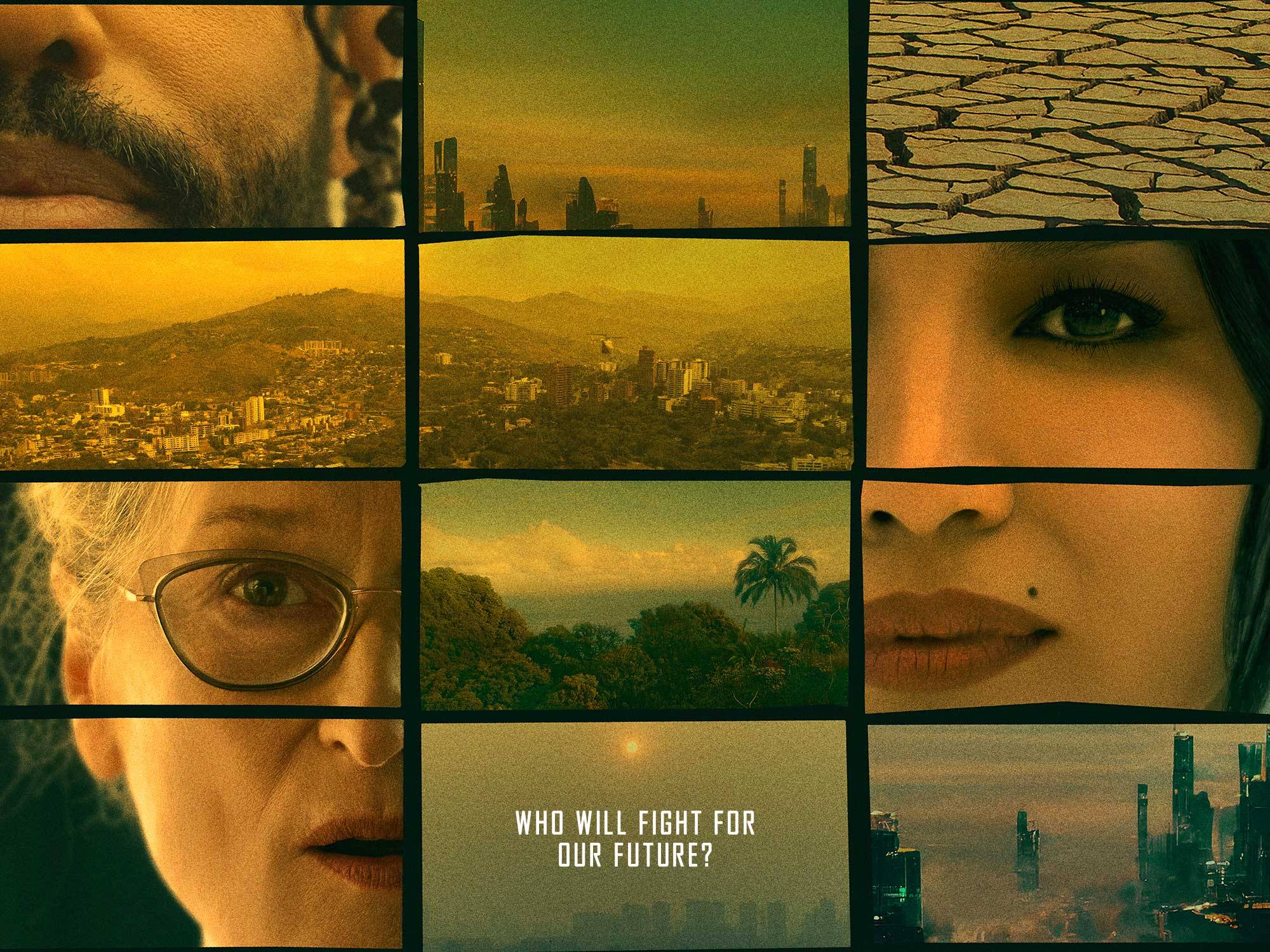Read the Latest
TopicsStories
Educational Resources
- Projects
- Events
- Our Team
- Stories and Resources
- Latest Stories
- Topics
- Educational Resources
- Newsletter
- Connect
Series creator Scott Z. Burns talks about how rising temperatures will change life in the near future
